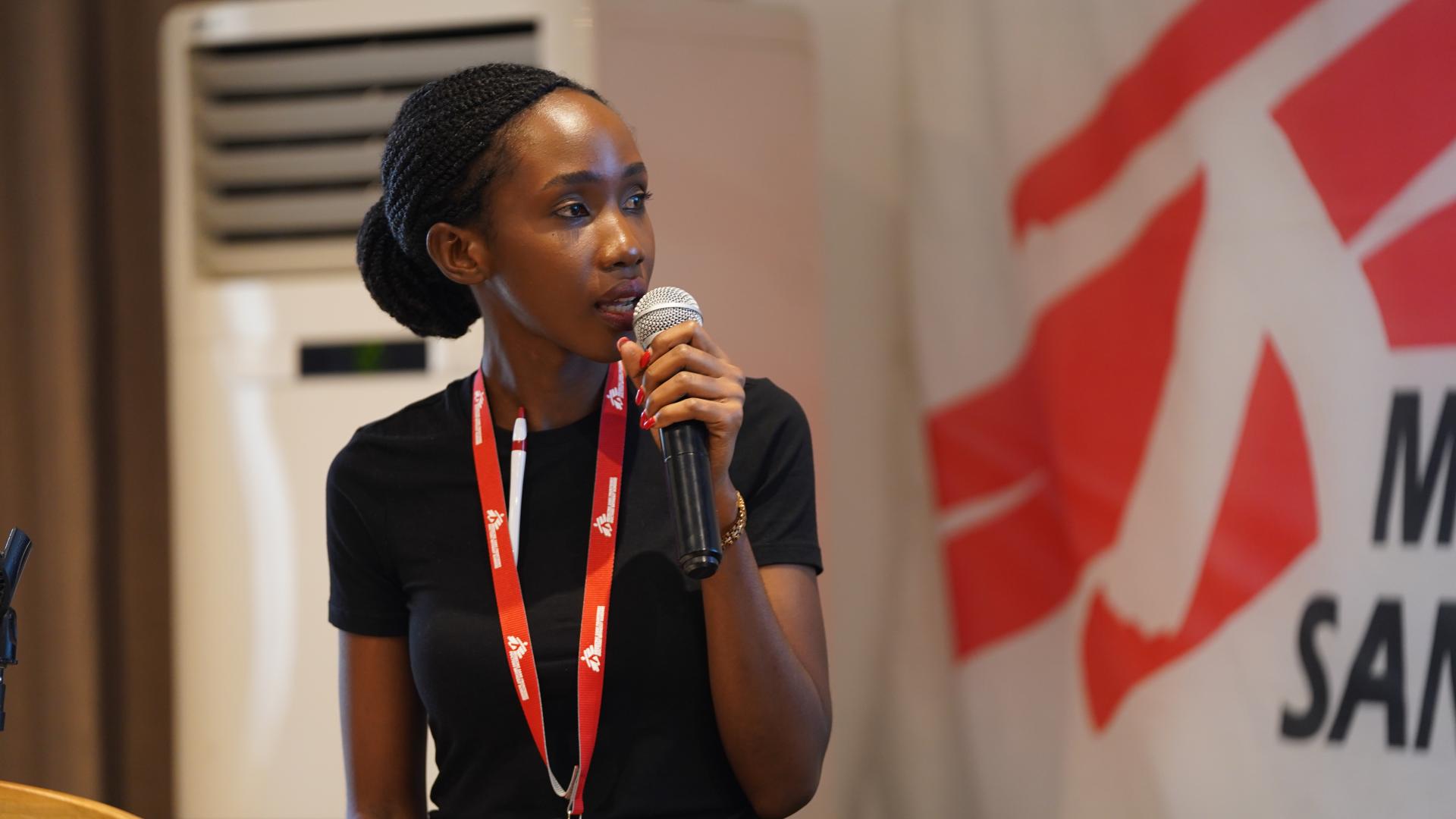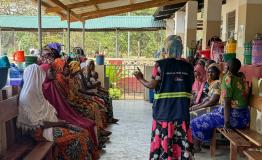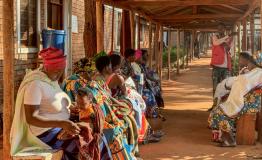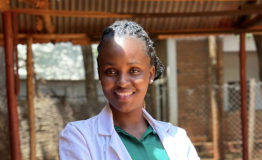The humid air was heavy as I examined the baby struggling to breathe. Ultrasound scans and consultations confirmed our worst fears: a complex heart condition. Untreatable in the camp. In Tanzania’s Nduta camp sheltering refugees fleeing war, access to advanced surgeries was a dream.
The baby, barely a month old, was a victim of a cruel twist of fate – a complex heart condition in a place with limited resources. Without surgery, his chances were slim. The referral process was hard with high costs and limited specialists. The main problem being high costs, but also a very long bureaucratic process starting at the camp level, which resulted in many babies and children with heart conditions requiring surgery being in the waiting list and very few getting the opportunity to go to the hospital in Dar, a journey that takes at least 2 days. I was disturbed.
In a different setting, a baby would be diagnosed prenatally and would receive corrective surgery after birth. Here, advanced medical care remained unavailable. The baby succumbed a few days later. The world felt unfair. I felt helpless as his death reminded us of our limitations.
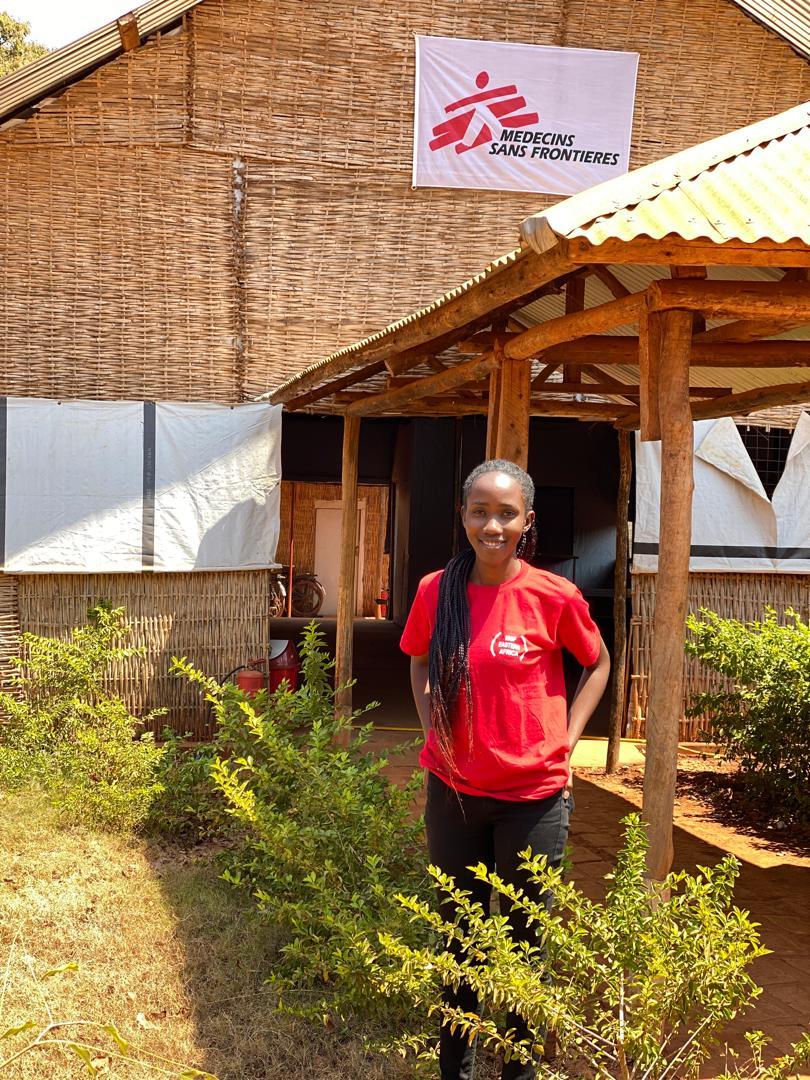
My translator, Janvier, a Burundian refugee himself, became my lifeline, bridging the linguistic gap between me (an English and Swahili speaker) and the patients. Most of them spoke Kirundi or French. He wasn't just a translator. He was also a witness to the daily struggles here. His roles went beyond translating medical jargon as he endured long night shifts by my side. Nights spent translating consultations, and days filled with anxious explanations for worried families.
Janvier would always tell me and other medical staff stories of resilience, of families clinging to hope against all odds, of the quiet victories – a healed infection, a fever brought down. These small wins fueled the MSF team’s determination. He reminded us that amidst the hardship, we made a difference.
Nduta Refugee Camp wasn't the glamorous medical career I'd envisioned, but it was a reminder of the privilege of basic healthcare. It enforced my commitment to MSF's mission of providing medical care to those who needed it most, regardless of race, religion, or social status. The experience humbled me. At that moment, the reason I joined MSF solidified.
One day Janvier approached me with a shy smile. "There's a patient who wants to see you," he said. Expecting another consultation, I followed him to a makeshift shelter. He introduced me to a woman in her forties. "Thank you, Doctor," she said, as Janvier translated. "Yesterday, you treated me like a human being, not just another refugee." she went on.
Janvier explained that she had brought a gift. A sack of potatoes and groundnuts. "She has nothing else," he said, "but this is her way of showing her appreciation." I was overwhelmed. In the face of such immense need, this was profound. My resolve grew stronger.
Leaving the camp was an agonizing decision. Yet, the experience had irrevocably altered my course. Joining MSF wasn't just about offering medical expertise; it was about being a part of a global movement dedicated to healthcare equality. It was about fighting for access to specialists, not just in Nduta, but in countless under-resourced corners of the world.
Back in the city of Dar e Salaam, after my assignment in Nduta camp, my life resumed a semblance of normalcy. But the stories from the camp lingered, a constant reminder of the work to be done. So, when the opportunity arose to contribute to MSF's advocacy efforts as the International General Assembly (IGA) representative for MSF Eastern Africa Association, I seized it. Though not formally employed, I work as a volunteer solely for the association.
Researching policy changes, drafting proposals, and lobbying for increased funding became my new battleground. Every dollar raised is a potential life saved, a step towards a world where a simple act of caring can bloom into a miracle.
The fight for healthcare equality is long and difficult, but the memory of the woman with the sack of potatoes spurs me forward. Her gift wasn't just a token of gratitude; it was a symbol of the resilience of the human spirit and a testament to the transformative power of even the most basic care.
MSF teams provide healthcare to Burundian refugees in Nduta camp and people living in the surrounding villages. We offer health services for women and children, including care and counselling for victims of sexual and gender-based violence. We also provide emergency mental health consultations and diagnosis for tuberculosis and HIV, as well as for a range of non-communicable diseases.
